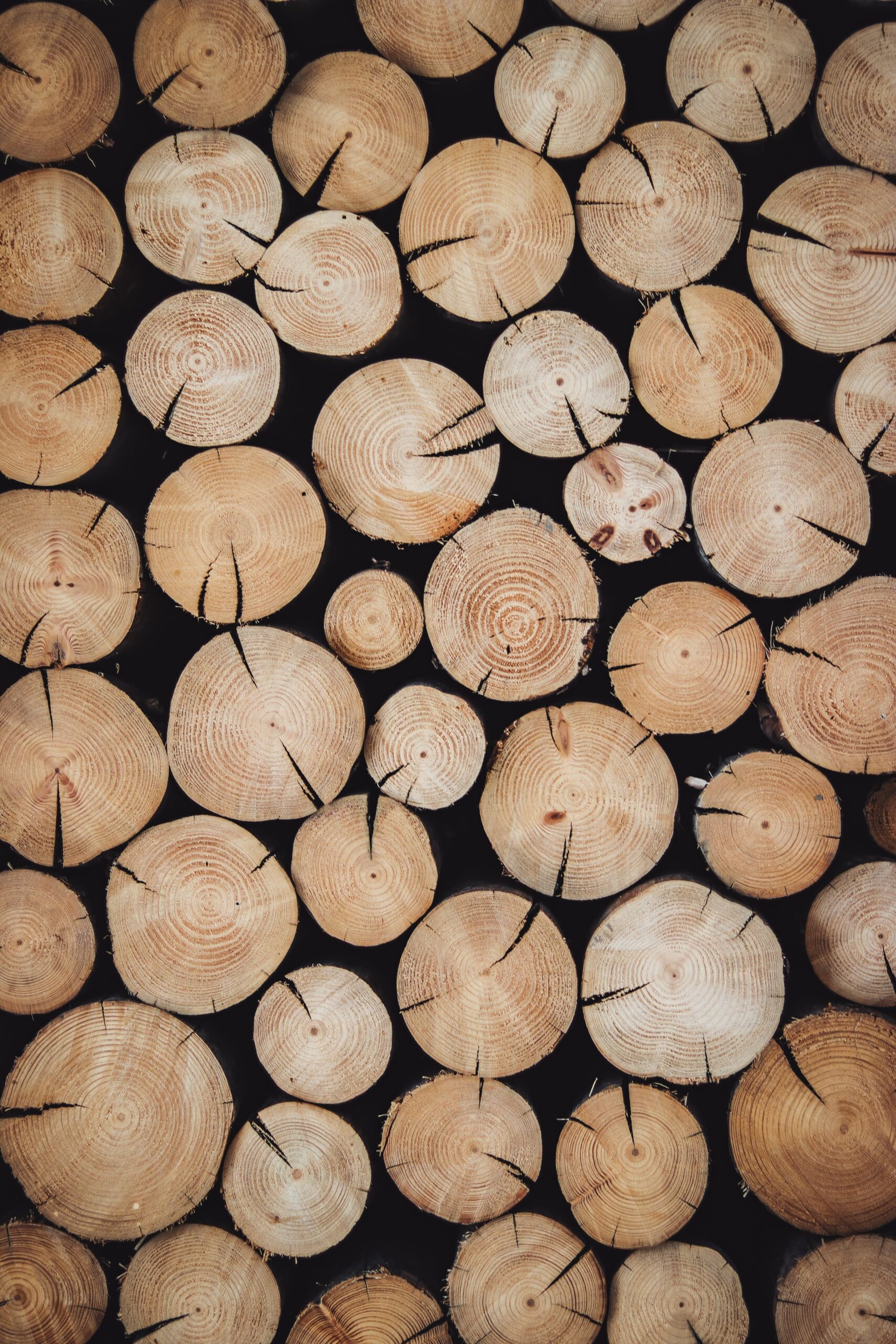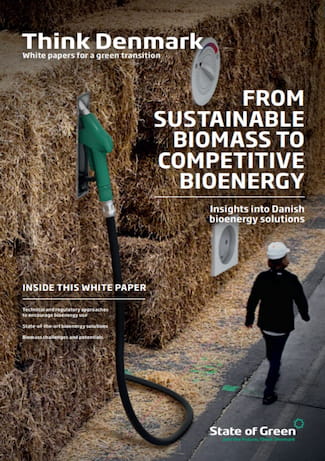Download our publication on bioenergy today
This article is part of our publication ‘Bioenergy’.
Download nowPerspective
Biogas
Biomass


By creativity among our farmers, a unique cooperative advising system, innovation in our industry and collaboration with national and European authorities, Denmark practices one of the world’s highest utilisation rates of residual products from agriculture. The frontrunner position within bioenergy was established back in the mid-1980’ies as a response to the energy crisis. Decentral heating plants were built and should be supplied by domestic energy sources such as straw, wood, manure and gas. Since then Denmark has invested heavily in developing better crops, biomass supply systems & logistics and energy infrastructure & technology.
The natural gas transmission network can be used to transport upgraded biogas produced from residues and waste. It is an alternative to natural gas used for both heating and electricity, and total capacity in Denmark will reach about 179 million m3 by the end of 2016. The production of biogas reduces emissions of CO2 and other greenhouse gases, as well as reducing water pollution from nutrient run-off.
Agricultural residues based on dry fibres, such as straw, has been used as an energy resource for more than 25 years. It has developed into a strong tradition for the use of small scale straw boilers in agriculture and medium scale boilers for district heating. During the last couple of decades, straw consumption for electricity production in central heating plants and power plants reached almost 1 mill tons per year. Today, Danish agriculture is known for having one of the world’s best and most developed infrastructure and logistics for collection, storage and delivery of straw to power plants. The system is based on direct contracts between the farmers and the power company. Usually, the power companies have limited storage, typically 3-5 days, so the farmers have developed systems to store and deliver the straw according to a tight schedule.
Today, there is still another 1.5 million tons of straw at the Danish fields to be collected for industrial purposes. This figure is waterproofed by the National Bioeconomy Panel and takes into account both the collection costs and environmental considerations. The Danish Agriculture & Food Council works hard to ensure the construction of advanced, state-of-the-art, big-scale biorefineries that can produce bioethanol and bio-based products.
In Denmark there is straw for at least five big scale facilities. However, just one biorefinery can kick-start the transition to a fossil-free and advanced bioeconomy. Greater use of straw and biogas secures Denmark’s energy supply and ensures a stable energy system, and the greatest benefit might be that it reduces the climate emissions and the transition to an advanced bioeconomy.

This article is part of our publication ‘Bioenergy’.
Download now